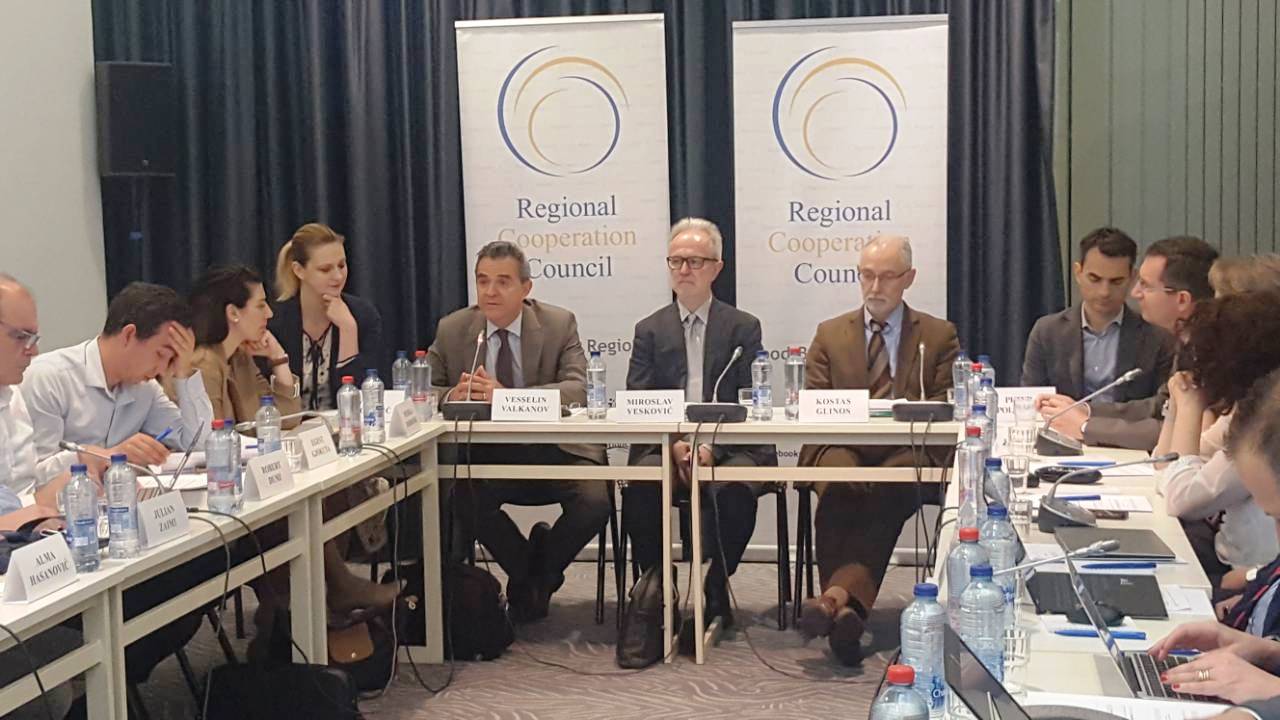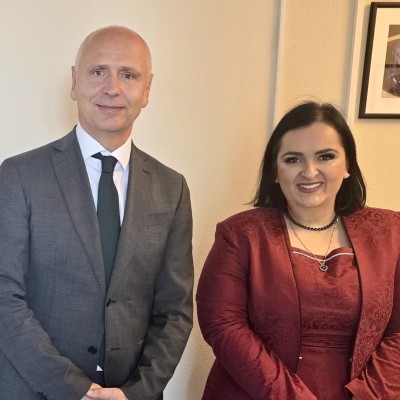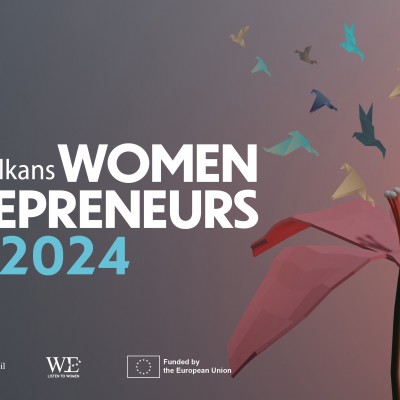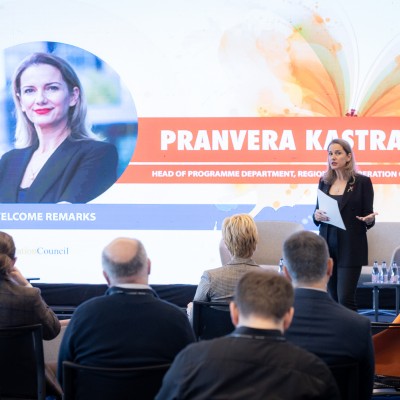RCC: Western Balkans Working Group on Research and Development meets in Brussels
13 June 2018

Western Balkans Working Group on Research and Development at the meeting in Brussels, 13 June 2018 (Photo: RCC/Nedima Hadziibrisevic)
Brussels – The meeting of the Western Balkans Working Group on Research and Development (R&D) took place in Brussels on 13 June 2018. The participants focused on the possible participation of the Western Balkans in the Horizon Europe, which is the EC's proposal for a € 100 billion research and innovation funding programme for seven years period (2021-2027).
This programme is aimed at strengthening the EU's scientific and technological bases, to boost Europe's innovation capacity, competitiveness and jobs, to deliver on citizens' priorities and sustain the socio model and values. Following an intense discussion on the Horizon Europe, the representatives of the Western Balkan Ministries responsible for research and science agreed to prepare a joint position paper on Horizon Europe, as well as to join efforts in lobbying towards the EU institutions and EU Member States.
“Horizon Europe is a key instrument, which enables Western Balkan researches to cooperate in world class research with leading research institutions from EU member states. However, Western Balkan economies face capacity challenges to compete on an equal footing with EU member states with larger, well-funded, excellent research systems. Therefore, the proposed increased budget to measures aimed at sharing of excellence in the Horizon Europe is particularly welcomed,” said Vanja Ivosevic, RCC’s Senior Expert on Skills and Mobility during the meeting’s opening remarks.
Ivosevic added that there were additional measures which the EU institutions and the Member States could take to address some of the challenges Western Balkans have and share with some of the new EU member states, reiterating that the RCC stands ready to facilitate the process of preparing a joint position on Horizon Europe and would support the lobbying efforts of the Western Balkan governments.
Further on, the published Open Science Report prepared by Directorate General for Research and Innovation (DG RTD which for the first time includes a section on the Western Balkans, was also an important topic of discussion. The preliminary findings show that majority of economies adopted, are implementing or currently discussing policies for open access to the publications at the national level. Areas in which more work may be desirable are copyright and enabling conditions for authors, widening access to small and medium enterprises (SMEs) and unaffiliated researchers; skills, rewards and incentives; and indicators for open science.
In addition, the RCC presented the findings of the questionnaire which was sent to five EURAXESS contact points in the WB region. The EURAXESS centres in all economies cover information facilitation regarding job and mobility opportunities for researchers abroad. Main challenges faced by the EURAXESS services include: very few researchers use EURAXESS portals and services; low number of respective national institutions publish vacancies on the EURAXESS portals; and low capacity of EURAXESS offices. Regarding the attracting of foreign researchers to the WB6 the EURAXESS offices identified the following challenges: attractiveness of the research position in the region (insufficiently developed research infrastructure, pockets of research excellence); and incompatibility of taxation, health insurance and employment conditions with standards abroad, in particular the EU standards.
The EURAXESS contact points agreed to prepare a joint training plan to increase the capacities of the EURAXESS centres in the WB and address joint challenges. The training plan will be rolled out from September 2018 by the RCC with the EURAXESS centres in the region.
The leaders of the Western Balkans Six have recognised the importance of mobility in the region in general, and mobility of researchers in particular, under the Mobility pillar of the Multiannual Action Plan on the Regional Economic Area (MAP REA) and have committed to remove obstacles to the mobility of researchers in the region by 2020.



